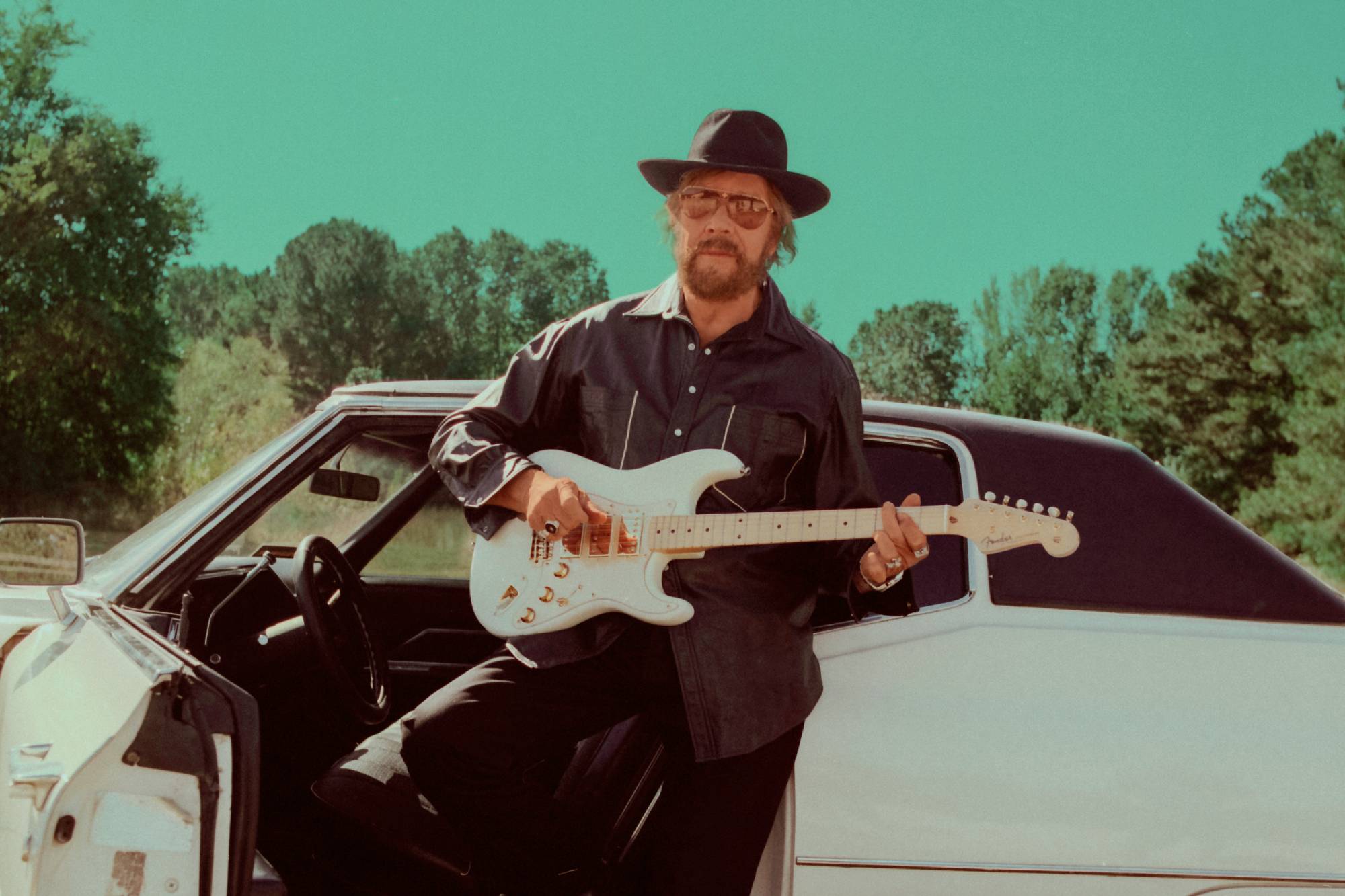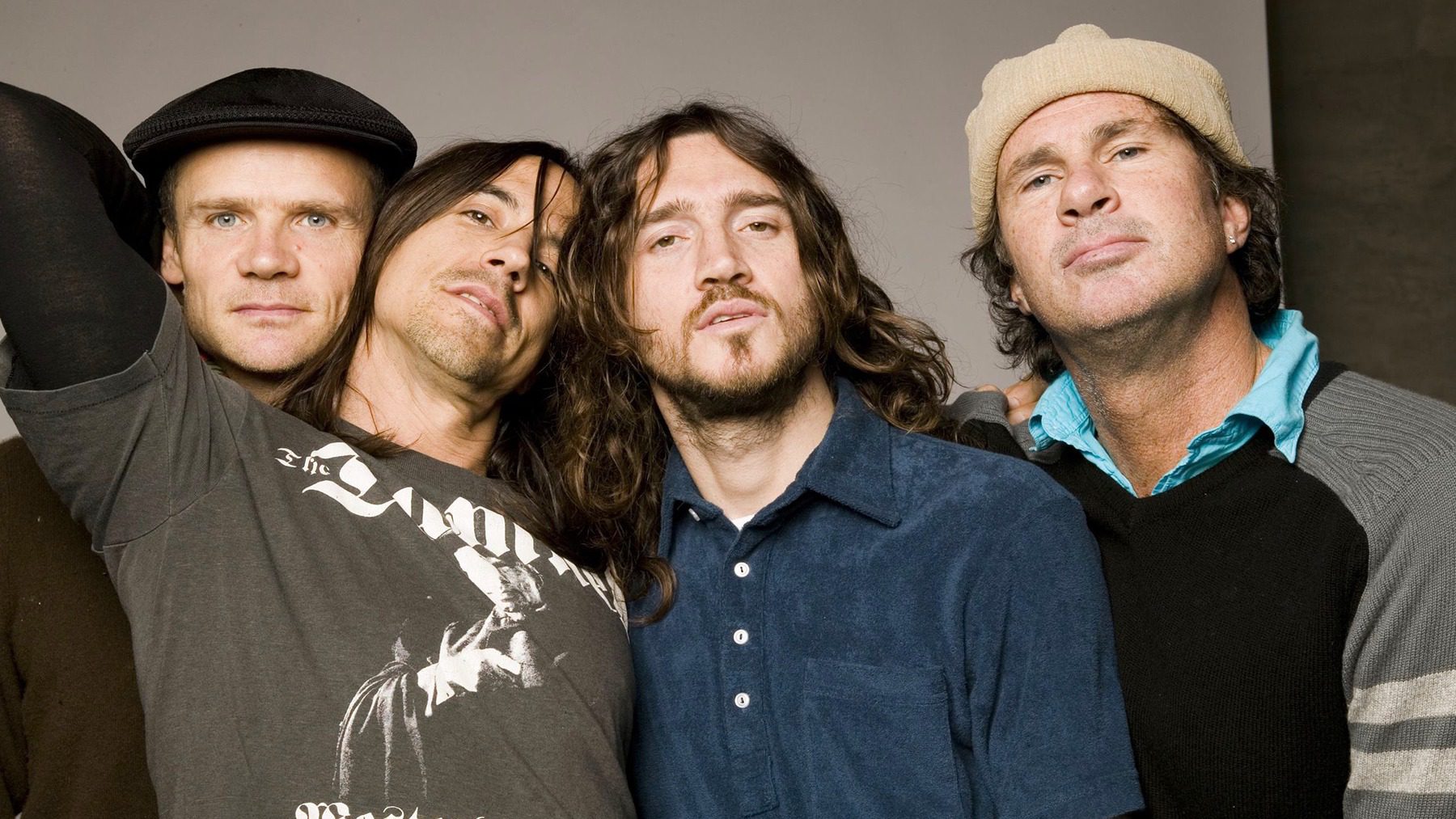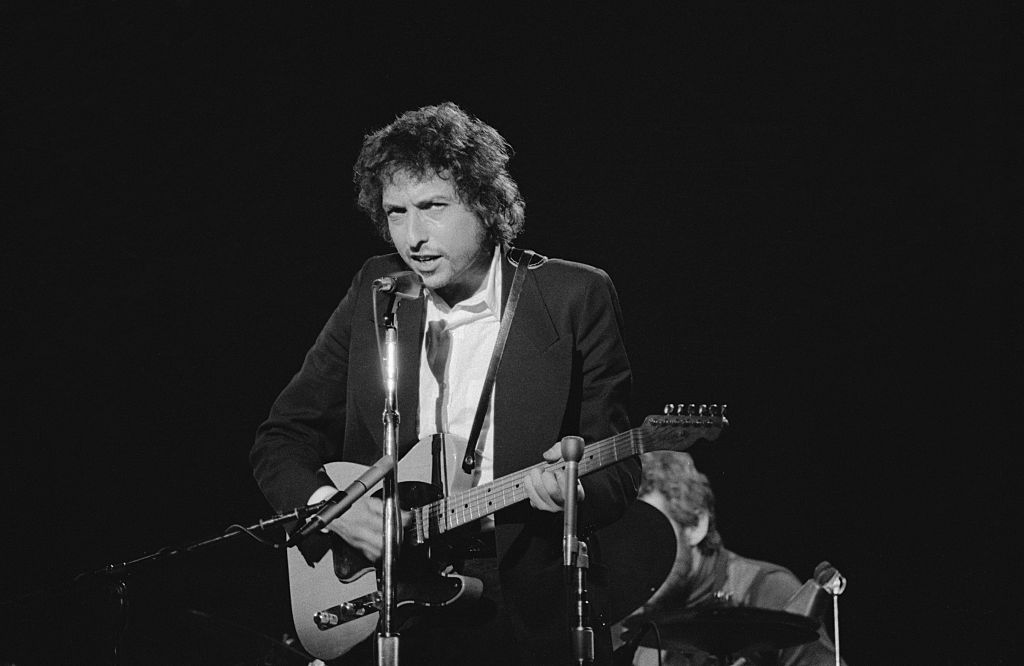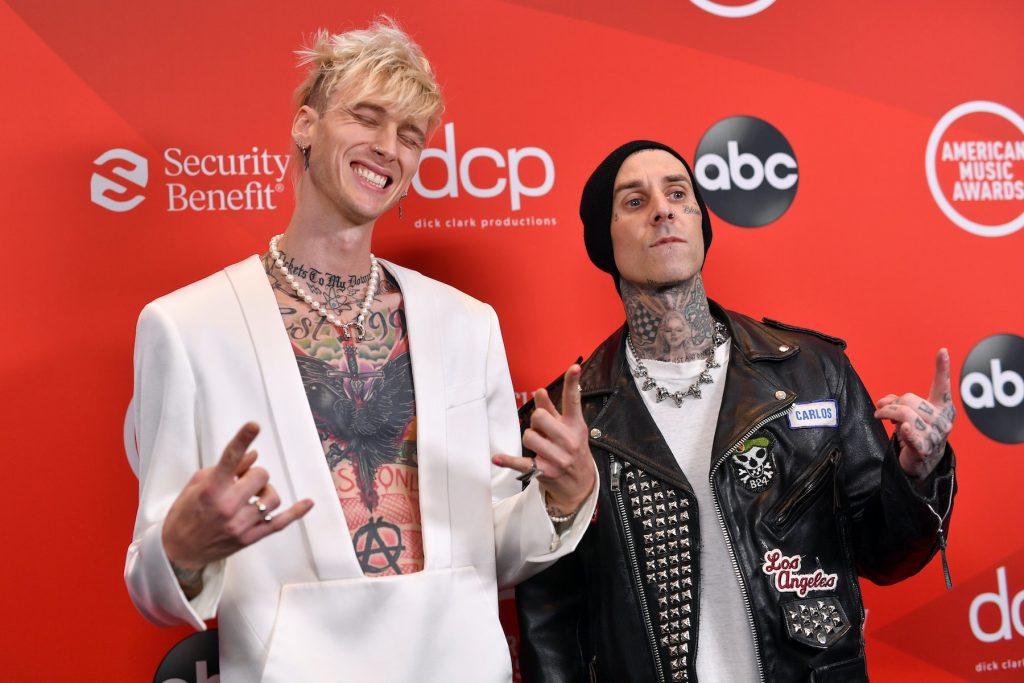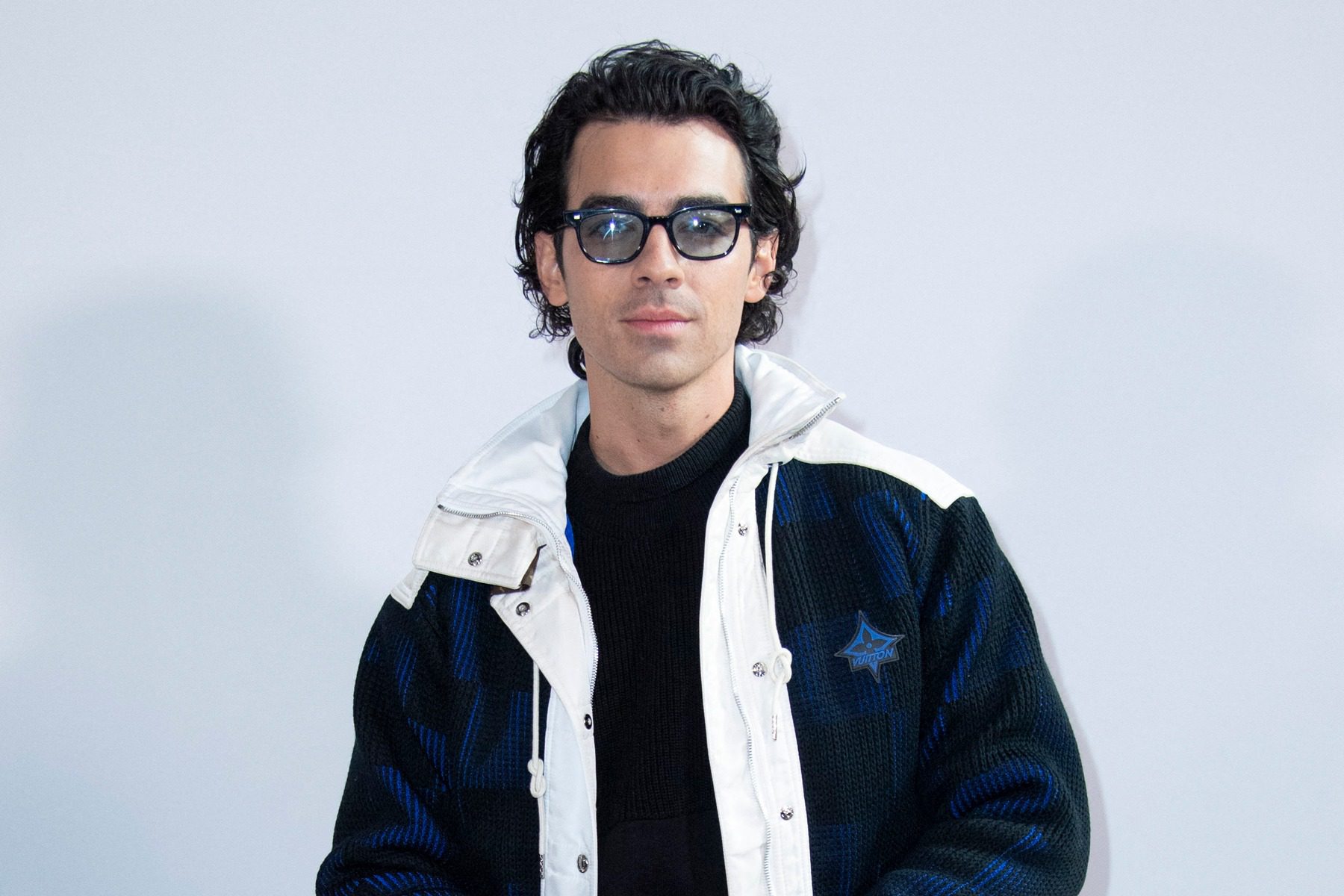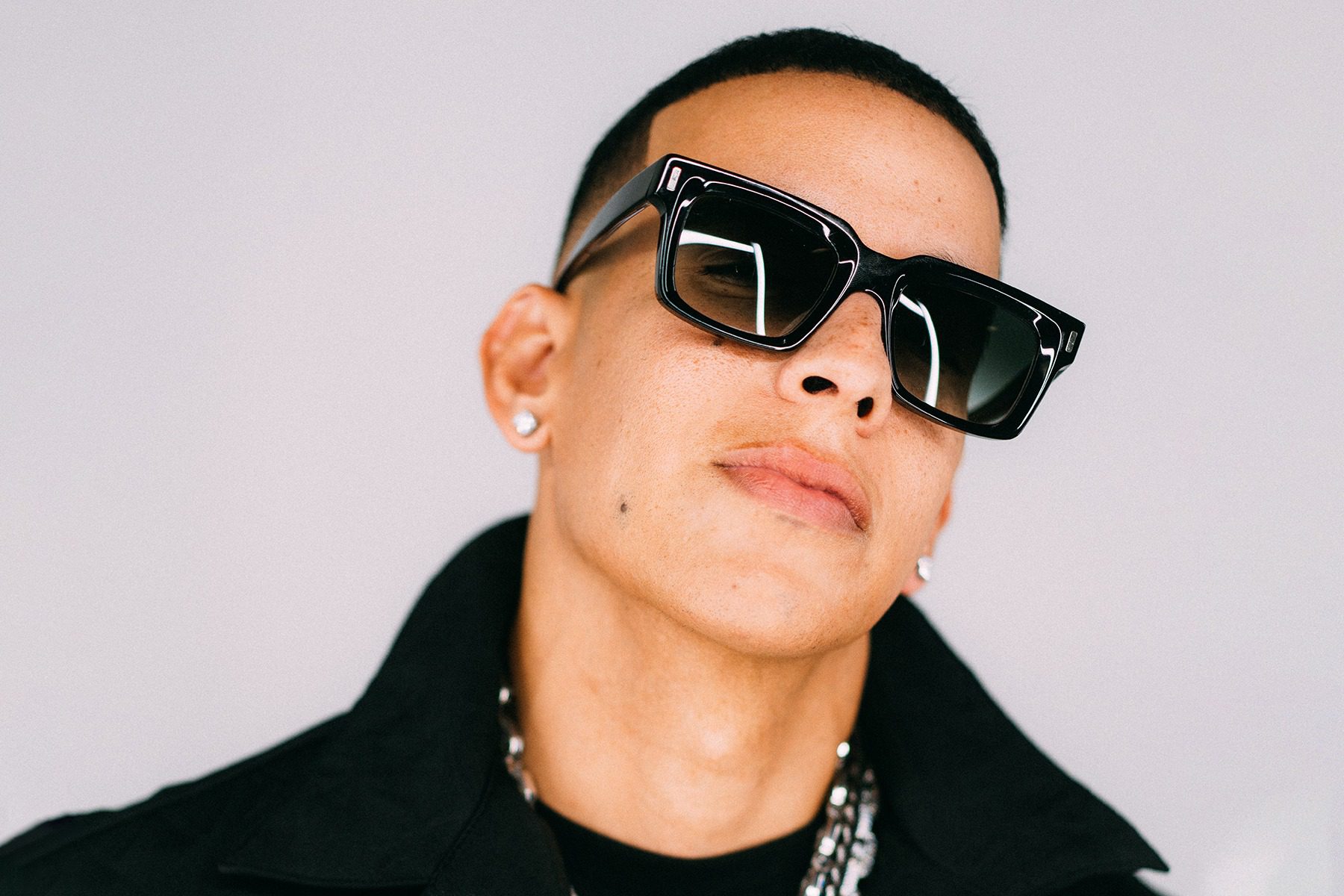
Daddy Yankee Retires in Style With ‘Legendaddy’
Legacy artists need exit strategies. These days, with pandemic disruptions closing off lucrative live-performance opportunities, a lot of the biggest names in rock and pop history have taken headline-grabbing catalog buyouts of their sizable discographies for eight- to nine-figure sums. But departing the entertainment industry isn’t solely about cashing out; it’s also about leaving one’s fans on the best possible terms, ensuring that those who supported you all those years aren’t left unsatisfied. So over this past weekend, when Daddy Yankee formally announced his retirement from music, it made sense that the statement was tied to a new, and apparently final, album release.
Only the Puerto Rican superstar himself could get away with naming his farewell full-length with a portmanteau as cocksure as Legendaddy, a title fittingly in line with his perception of himself (with respect to Don Omar) as the King of Reggaeton. Following ring announcer extraordinaire Michael Buffer’s fulsome introduction, opening track “Campeón” bursts with braggadocio, with Daddy Yankee describing himself as both boss and legend alike, the logical conclusion to a self-penned narrative some two decades old.
blogherads.adq.push(function () {
blogherads
.defineSlot( ‘medrec’, ‘gpt-dsk-tab-article-inbody1-uid0’ )
.setTargeting( ‘pos’, [“mid-article”,”mid”,”in-article1″,”mid-article1″] )
.setSubAdUnitPath(“music//article//inbody1”)
.addSize([[300,250],[620,350],[2,2],[3,3],[2,4],[4,2],[640,250]])
;
});
Barrio Fino and its incendiary single “Gasolina” made Yankee the face of reggaeton in 2004, and, somewhat counterfactually, its de facto originator. Though his genre tenure precedes that moment, going back to the days of DJ Playero mixtapes 10 years prior, his success didn’t just popularize the sound, but also nudged it toward the legitimacy it enjoys today. Unfortunately, countless others who built this culture with and around him burned out or faded away, vestigially respected by those in-the-know for their contributions, but left far from the elite international class he’s operated firmly within up until now. Generationally, he remains effectively peerless, a once-uncertain outcome considering some of the well-intentioned yet deeply dated missteps present on some of his albums.
This, of course, comes as a product of Yankee’s contemporary evolution into a full-fledged pop star, one properly crystallized by 2017’s massive and ubiquitous “Despacito” after years of working around his streetwise breakthrough. Well-timed with the rise of reggaeton’s wider global pop success around the likes of J Balvin and Ozuna, the sheer accessibility and commercial plundering found on later singles like the Snow interpolation “Con Calma” and “Que Tire Pa Lante” seemed to finally slough off the last of his bad-boy image. Despite his late-period penchant for borrowing from other artists’ universally recognizable hits to build his own, the only truly overt application of this method on Legendaddy comes on “Pasatiempo,” a thumping collab with the like-minded Myke Towers, where producers Play N Skillz cheekily replay the melody of Robyn S’s “Show Me Love.”
A big part of why Legendaddy proves to be his best album since Barrio Fino is its tacit rejection of nostalgia as his primary strength. Tracks like “La Ola” and the trap banger “Enchuletiao” feel fundamentally contemporary, reminding us that he’s been part of the current Latin music movement in a material way. Also effective are “El Abusador Del Abusador” and “Rumbatón,” which respectively add a tropical flair to the mix, thereby leaning into the island rhythms that preceded his chosen genre.
Yankee’s choice of vocal collaborators further supports this forward-looking approach, pulling largely from a comparatively younger crop of identifiable names, including Rauw Alejandro, Becky G, and Natti Natasha. As an early supporter of Bad Bunny, going back to their 2017 joint single “Vuelve,” El Conejo Malo returns that kindness sevenfold on the storming standout “X ÚLTIMA VEZ.” Similarly, Sech brings his R&B vibes to “Papra Siempre,” continuing a momentous run of collabs that include the joint hit “Definitivamente” and the Panamanian singer’s “Sal Y Perrea” remix.
blogherads.adq.push(function () {
blogherads
.defineSlot( ‘medrec’, ‘gpt-dsk-tab-article-inbody2-uid1’ )
.setTargeting( ‘pos’, [“mid-article2″,”mid”,”in-article2″,”mid-article”] )
.setSubAdUnitPath(“music//article//inbody2”)
.addSize([[300,250],[300,251],[620,350],[2,4],[4,2],[3,3],[2,2]])
.setLazyLoadMultiplier(2)
;
});
That said, Legendaddy has its flaws, largely reflecting Yankee’s history of making iffy decisions that lead to uneven albums. On “Bombón,” he blunts the presence of Dominican dembow demigod El Alfa by letting Lil Jon vomit his ancient ad-libs over the proceedings, which in turn reduces the track to something from a Miami hotel pool party in 2012. Less cringeworthy, though still a challenging listen, is “Hot,” a Pitbull partnership that skews a bit too close to the stagnant Mr. Worldwide brand. Even so, Yankee can afford to take such risks here, faring better in grappling with his legacy than most in his position likely would. Ultimately, Legendaddy is not some victory lap marked by safe choices, but instead the sound of a Latin icon ending things on his own terms.
